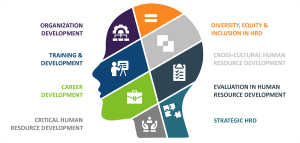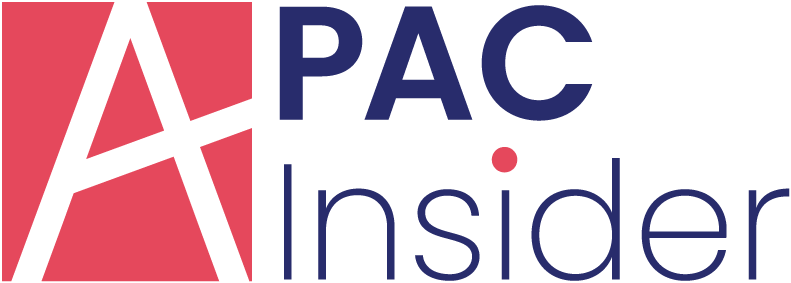Like it or not, AI is here to stay.
So, what does that mean for the future of HR Management, which traditionally has been the linchpin of businesses around the world?
Sure, some harbingers of doom are lamenting the fact that their jobs will soon be replaced by AI models. But other, more forward-thinking executives, are focusing their attention on how they can leverage this technology to best benefit them and their organisation.
Outlined below is an overview of how AI is set to reshape HR Management in the next few years. How ready are you for the change?
Main AI applications for HR management
As its name implies, the core objectives of HR management are based on humans.
As part of their role, HR managers are constantly looking to attract and retain highly skilled talent who will add significant value to the organisation. They also need to develop a workplace culture that motivates and empowers employees to perform at optimum levels.
Essential skills like strategic decision-making, managing employees, conflict management and problem solving will still need to be made by human beings. However, there are some tasks that can, and quite possibly will, be automated for HR managers to provide them with more time to perform other tasks.
They include the following:
Recruitment
Automating the recruitment process is arguably one of the most useful of all AI applications within the Human Resources function.
By embracing AI, it empowers recruiters to make decisions that are driven by data much quicker and more easily than they otherwise would be.
For instance, AI can create engaging and targeted job advertisements, source job applications and screen candidates to produce a shortlist for interviews. It can even be used to analyse how well a person might fit into the culture of the company.
Staff training, development and employee offboarding
For training programs, AI can also be used to customise them to suit each individual employee, in terms of their level of experience, strengths and weaknesses, skill set and department.
At the same time, it can also be configured to onboard and offboard tasks like managing access and permission levels, as well as user identities, and for completing the process of exit interviews.
Performance reviews
Performance reviews are an integral part of ensuring employees are feeling valued and working to their full capabilities.
In this respect, AI can assist HR managers to complete the process of performance reviews far more accurately and efficiently.
For instance, purpose-built AI programs can automate how performance data is collected from sources like calendars, email and project management tools. They can also analyse the data to write comprehensive and insightful performance reports.
Additionally, some AI-powered software can even offer real-time personalised feedback to advise on how employees can grow and develop.
Admin tasks
We all know that HR Managers must do some pretty time-consuming and repetitive tasks as part of their work, including dealing with the benefits management side of things and various employee requests.
Subsequently, most companies are leaning towards using online portals for their administrative HR processes that leverage AI technology.
This significantly frees up valuable time for HR managers, enabling them to concentrate on parts of their role, such as staff development and HR strategy, that can be much more demanding.
Chatbots
AI has produced several applications for the Human Resources function which can be used to relate information via chatbots.
This includes policy and payroll information, assisting with the recruitment process of screening and hiring candidates and managing requests for days off or annual leave.
Crucially, chatbots can collate, update and store data which the organisation can refer to at any time.
How can you embrace AI?
While AI has the potential to assume certain administrative tasks, there is no denying that it can’t replicate certain human qualities that are imperative for the success of a good HR function. Namely, understanding, empathy and creativity.
Therefore, instead of feeling overwhelmed or threatened by the increasing adoption of AI practices among companies, savvy HR professionals should take the opportunity to enhance their skill set in terms of strategic thought and action.
To do this, you should think about pursuing further education, as this will enable you to better understand the role AI and other innovations are playing within the realms of HR management. You can learn more about undertaking an online Master of Human Resources with UNSW here.
At the same time, it is worth attending industry events and networking with HR management executives, particularly via platforms like LinkedIn, as doing this will help you develop your skills and overall expertise in your chosen career path.
























